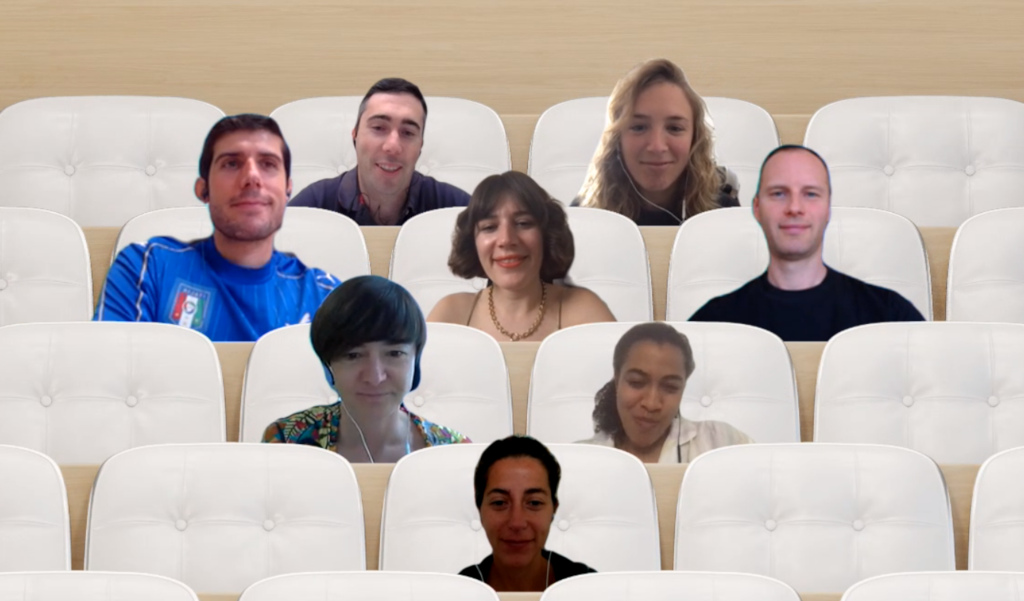iFlipp project workshop held in Slovenia

The European University Sports Association (EUSA), through the EUSA Institute, organised an insightful workshop as part of the Innovating Football Leadership through Practice and Policy (iFlipp) project on Thursday, June 10.
The workshop, which took place in the City Hall of Ljubljana, Slovenia, gathered participants from football clubs, sports organisations and institutions, and focused on the experiences of women in leadership positions in the sports sector.
The one-day event commenced with a welcome address given by Mr Matjaz Pecovnik, EUSA Secretary General, followed by a presentation of the iFlipp project by Ms Sara Rozman, Education and Development Manager and iFlipp project coordinator.
Following a short introductory session, the workshop continued with the first session, where participants challenged and dismantled gender stereotypes based on two case studies. Thereafter, participants heard stories of two remarkable and inspiring women who shared their experiences. Tanja Lekic shared her story of being an ex-football player and now coach at Slovene women’s football club Posavje, while Andreja Mc Quarrie shared her experiences as a former professional alpine skier and now as the only female president of a Slovene women’s football club Radomlje.
The final session of the day encouraged participants to identify and address strategies and skills that are important for women in leadership positions in sport organisations.
Parts of the day’s workshop will be incorporated into a Massive Open Online Course (MOOC), which will be one of the project outputs.
A short online meeting then took place on Friday, June 11, with four project partner organisations present, where project activities, including the previous day’s workshop in Slovenia, was discussed.
Co-financed by the Erasmus+ Programme of the European Union, the iFlipp project’s aim is to examine the narratives from women and minority ethnic leaders in football that have been successful and identify obstacles and opportunities they face in their trajectory towards football leadership.
More information about this project can be found at https://www.eusa.eu/projects/iflipp.
